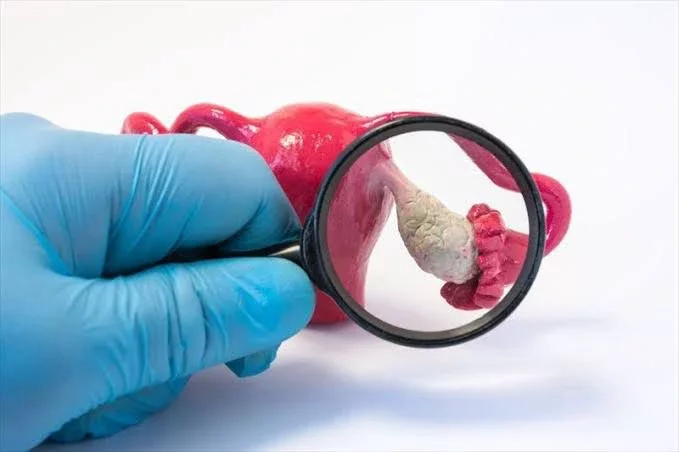Human sèxuality is incredibly complex, and the development of séxual characteristics in both males and females is determined by a combination of genetic, hormonal, and environmental factors. While the majority of individuals conform to typical male or female sèxual development, it is possible for some women to be born with male genitalia. This condition, known as intersèx, challenges traditional notions of gender and raises important questions about the biological underpinnings of sèxual development. In this article which is in accordance to healthline, we will explore some of the biologically rooted reasons why some women are born with male private organs.

Genetics and Chromosomal Abnormalities
At the core of human sèxual development lies genetics, specifically the presence and interaction of sèx chromosomes. Typically, individuals with a pair of X chromosomes develop as females, while individuals with one X and one Y chromosome develop as males. However, some women may be born with male private organs due to chromosomal abnormalities, where their genetic makeup does not align with typical female development.
One such chromosomal condition is known as Androgen Insensitivity Syndrome (AIS), which occurs when an individual's cells are unable to respond to male sex hormones (androgens). Women with complete AIS have male sèx chromosomes (XY) but are born with female external genitalia. This is because their bodies are unable to utilize androgens to develop male reproductive organs, resulting in the appearance of a female body. Partial AIS can also lead to varying degrees of masculinization of the external genitalia in females.
Hormonal Imbalances during Early Development
During embryonic development, the séxual differentiation process heavily relies on hormones, specifically androgens. Androgens, such as testosterone, play a vital role in the development of male sexual characteristics. In the absence or reduction of androgen exposure, female sèxual development occurs. However, in some cases, hormonal imbalances during critical periods of embryonic development can lead to the improper differentiation of séxual organs.
Congenital Adrenal Hyperplasia (CAH) is a hormonal disorder where the adrenal glands, which produce androgens, produce an excess amount of male hormones. This condition can cause the external genitalia of female fetuses to appear more masculinized, resulting in ambiguous or male-like genitalia at birth. CAH can be caused by certain genetic mutations or inherited from parents carrying the affected genes.
Maternal Hormonal Influences
Apart from genetics and hormonal imbalances, maternal hormonal influences during pregnancy can also contribute to the development of male private organs in some female babies. The development of the fetus is highly influenced by the hormonal environment in which it develops, and any disruptions in the balance of hormones can impact sèxual differentiation.
For instance, exposure to androgenic compounds or medications containing androgens during pregnancy can affect the female fetus's development, leading to the appearance of male genitalia. It is essential to note that such hormonal influences are typically unintended and can arise from medications or hormonal imbalances in the mother's body, through no fault of their own.
The intersèx condition, where some women are born with male private organs, challenges our conventional understanding of male-female séxual differentiation. While society often categorizes individuals into binary male or female genders, biological variations occur naturally, resulting in the complexity of human sèxual development. Through genetic abnormalities, hormonal imbalances during critical stages of development, and maternal hormonal influences, we begin to understand the underlying reasons why some women are born with male genitalia.
It is crucial to approach intersèx conditions with empathy, respect, and understanding, recognizing the diversity of human sexuality beyond traditional norms. By broadening our knowledge and awareness of the biological factors contributing to interséx variations, we can promote inclusivity, acceptance, and support for individuals born with such conditions, fostering a society that celebrates the richness of human diversity.
















Comments